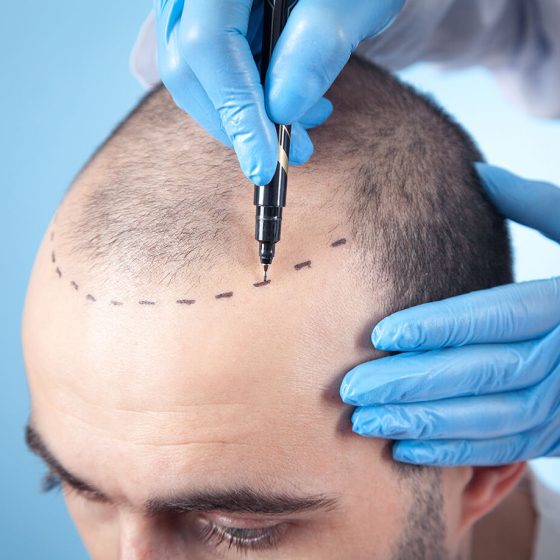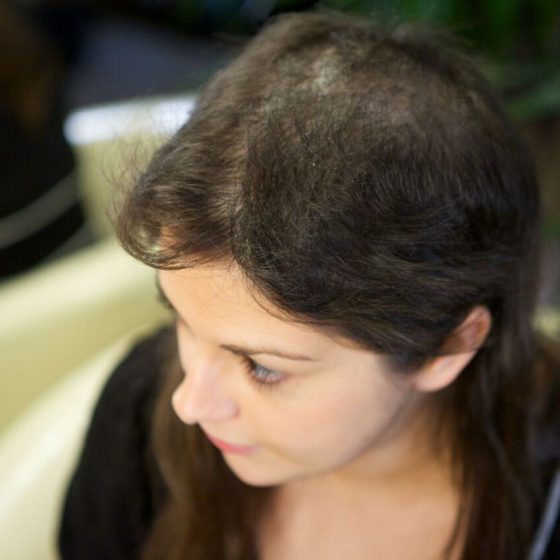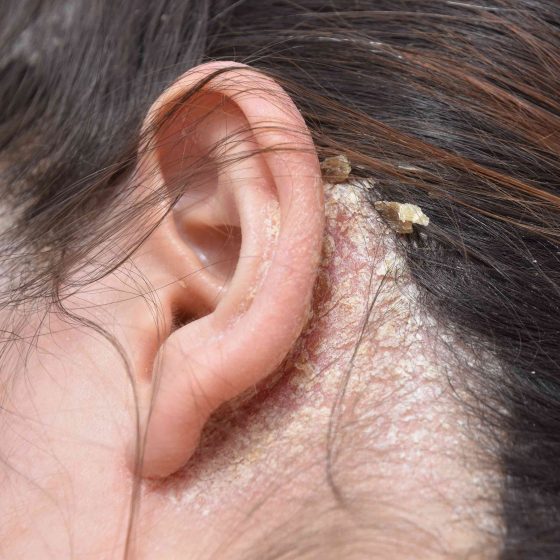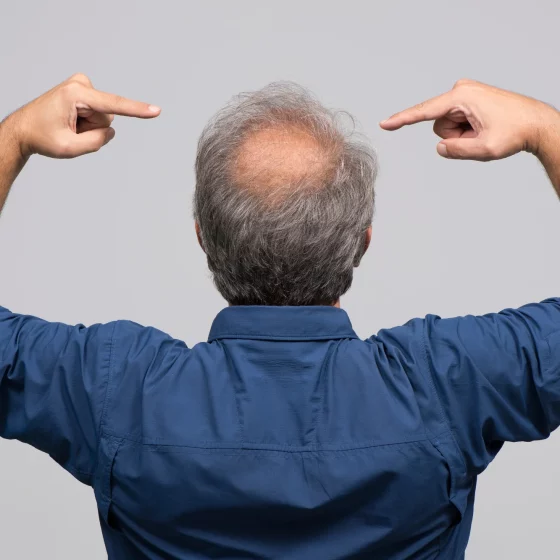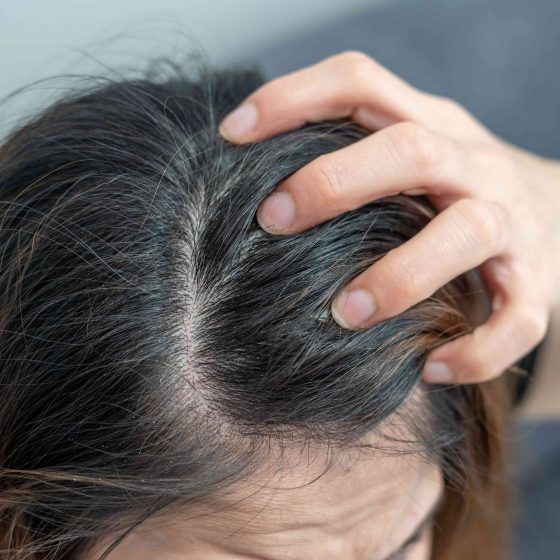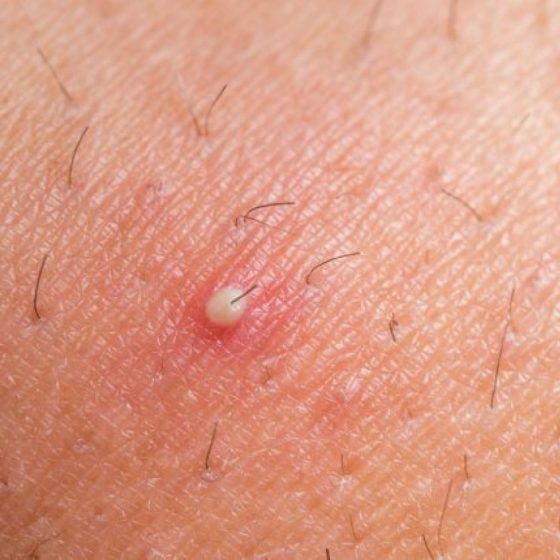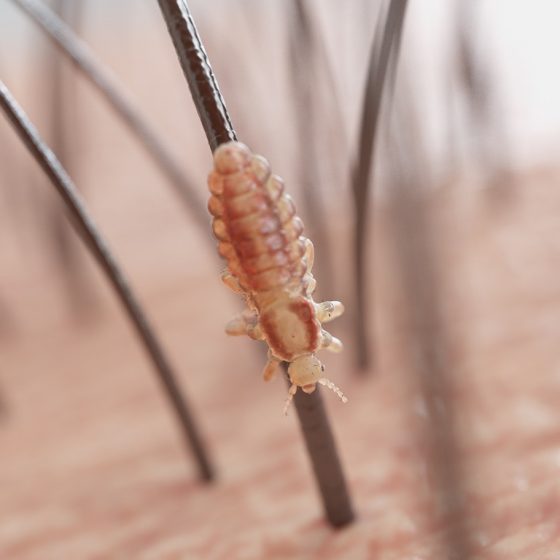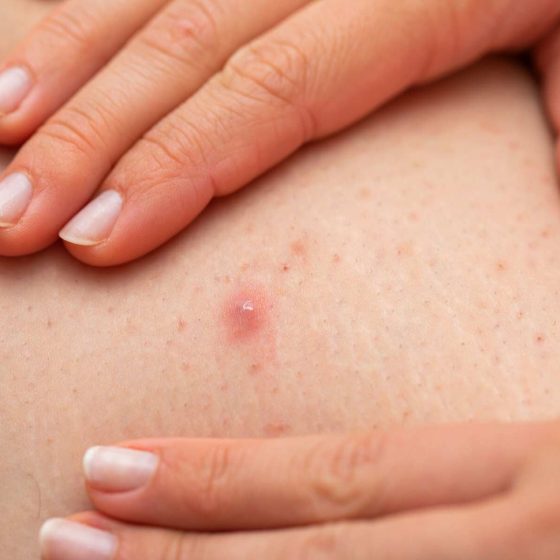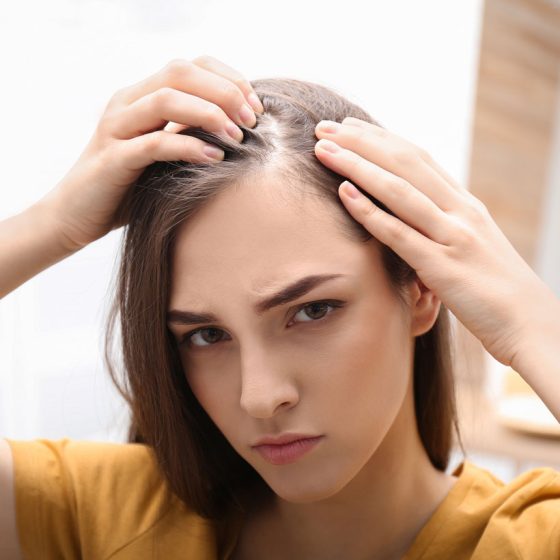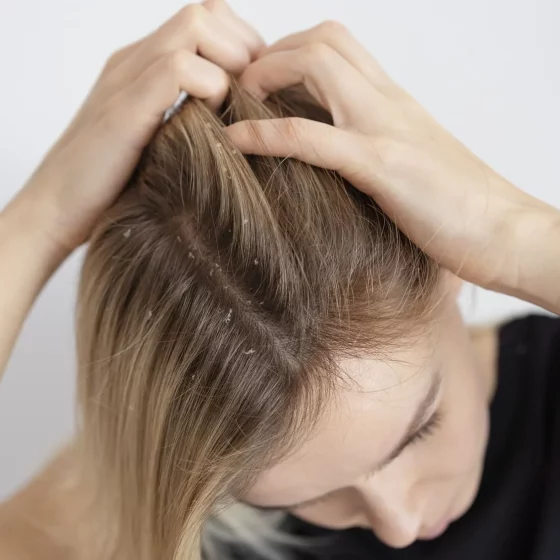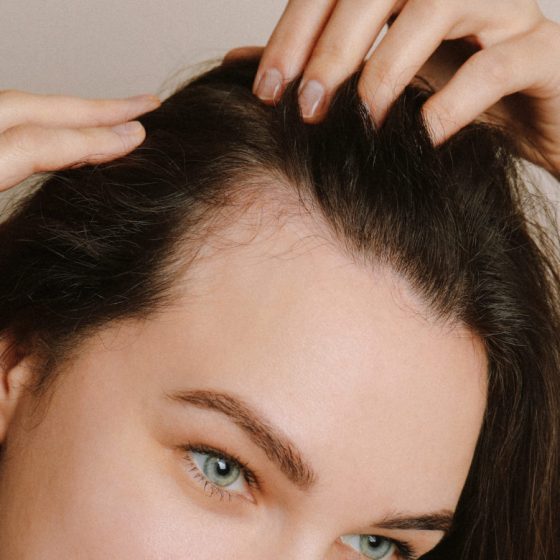Hair transplant
What is a hair transplant? Hair transplantation is a treatment option for men or women concerned about thinning hair or baldness. It is cosmetic surgery that transfers hair from where it is thicker to hairless areas of the scalp. Multiple transplant sessions are usually needed and this can be expensive. However, results are usually good and are permanent. How can I prepare for a hair transplant? Tell your surgeon about any past illnesses or medical conditions you have had, and any medications you take (including over the counter items and herbal remedies). Some medications increase the risk of bleeding. You

